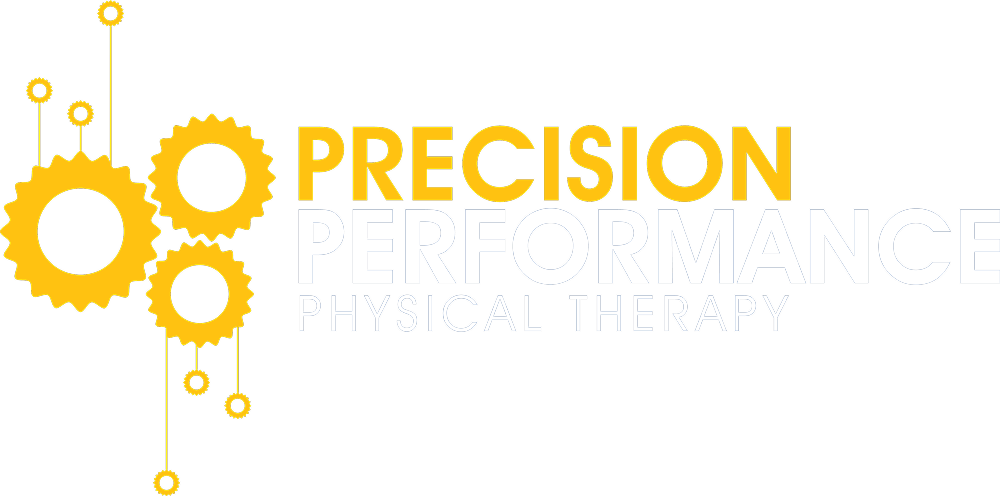Supporting a Multisport Athlete in Their Performance Journey
We work with athletes in almost every type of sport. From baseball to weightlifting, we have clients who come to us to help train and improve their performance. When an athlete is involved in a single sport, it is relatively simple to create and follow a plan to get the most out of their training. When you introduce a second or third sport into the mix, along with other obligations from life, you can quickly run into some conflicts in their training.
This is particularly true for multisport athletes who are in school. Not only do you have games and practices to schedule your work around, but also homework and classes. For a lot of student athletes, this can get overwhelming quickly. Athletes start to get burnt out and tired, which leads to injuries and needing time to recover. So how do you help these multisport athletes stay in the game and on track to improve their performance?
Establishing Limits
Something not a lot of athletes want to hear is that doing too much is far worse than doing too little. A body, even a highly trained one, has limits and you need to know what they are going in. You aren’t going to improve if you’re injured or exhausted and so the first thing we need to do is lay out a reasonable schedule for working with an athlete and stick to not doing more, even when they push for it. This is often one of our hardest tasks. Athletes often want to push their limits trying to achieve their results, so it’s important to get this in place in the beginning.
Finding Priority and Balance
The next step for the multisport athlete is to find out what their overall goals are. If they are in highschool and want to go for a scholarship in a specific sport, then we have to find a way to help them reach that goal while still being able to play the other sports. While some sports compliment each other, sometimes the performance goals in one sport are very different or even hinder their progress in another. By establishing which goals are a priority, we can make a seasonal schedule to support their overall performance journey while making sure they are still playing a great game in their other sports
Emphasising Rest and Nutrition
Recovery is one of the most important ingredients in improving performance. Without proper sleep and nutrition, the body can’t keep up and an athlete will find their performance slipping instead of improving. This is especially important to remember when it comes to multisport athletes, particularly ones who are often students. It is so easy for sleep to become the thing we give up and for quick meals to replace healthy ones when we have too much to do. We really emphasise to our athletes, that they need to get the proper rest or we can’t help them. Everything else should be scheduled around a good sleeping schedule for optimum results. We cannot stress this enough. Science shows that the body needs sleep to heal and recover.
While every athlete and sport is different, these are the three things that are always applicable. By making them the foundation of your plan for a multisport athlete, you are providing them the best chance to reach their goals and avoid injury.
If you are interested in hearing more of our thoughts about managing multisport athletes, check out episode 51 of Training Room Talk powered by Precision Performance Physical Therapy: How to Manage the Multisport Athlete. Do you have questions or topics you would like us to cover? Contact us! We would love to hear from you and help you to learn more about sports training.
